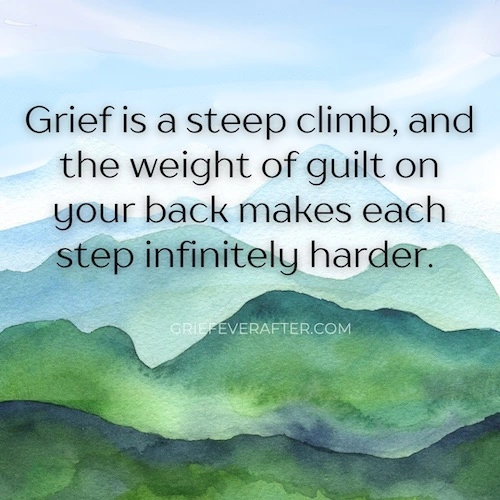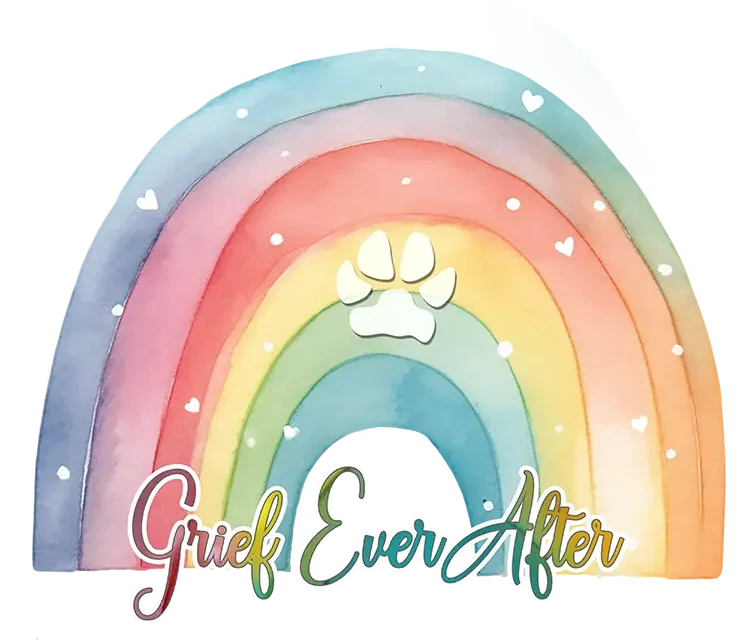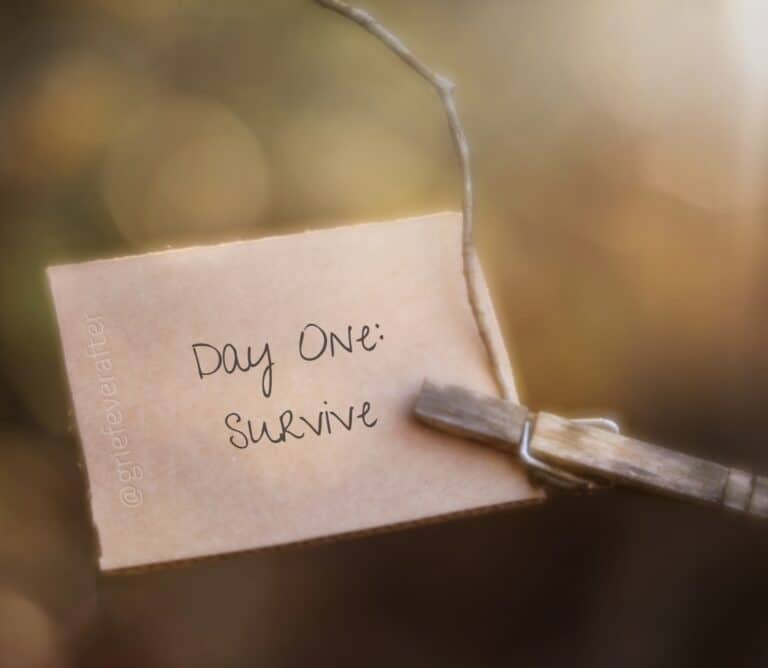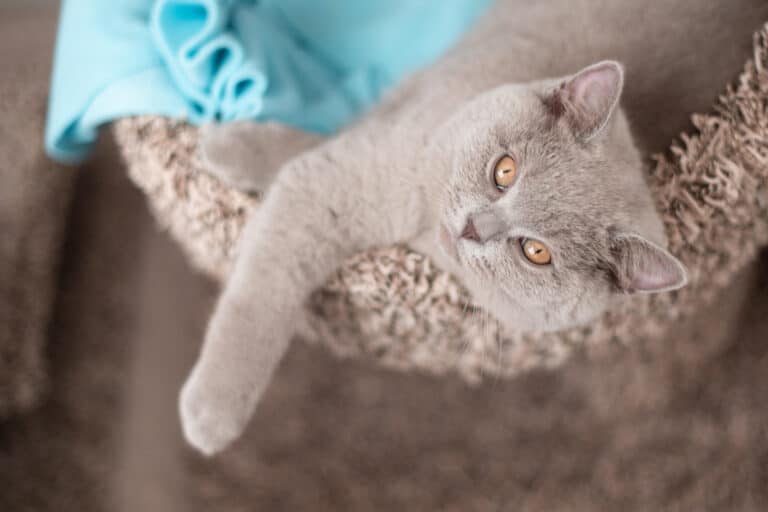Pet Loss and Guilt: Changing What Ifs to Even Ifs
As much as grief is a universal human experience, guilt that can accompany grief is just as common. Yet, both pet loss and guilt are so deeply personal, they can feel more unique than shared.
When grief enters the picture, it’s human nature to instinctively search for reasons why, answers to unknown questions, and to replay decisions you believe could have changed the outcome. In fact, after loss, it’s easy to convince yourself that if you made different decisions, you would not be here, grieving so deeply.
Guilt can hold you hostage in your mind, in a vortex of “what ifs” and imagined scenarios. It grows from our version of the story that what ifs cultivate. This self-doubt and what if whirlwind can truly prevent you from grieving purely from your heart.
Focusing only on the past, with heavy regret, can also add an element of self-punishment to grief. Essentially, kicking yourself while you’re down.
Why do people do that? When something is so inherently painful in your heart, a redirect of the pain to your mind can feel a little easier. Or at least, a little less heart-wrenching. Guilt gremlins do their job and they really do it really well.
The emotional cost of What ifs
Guilt, replay, and regret can evoke a sense of control in grief; searching the past for answers that might somehow make the present easier. Your mind may try to convince you that a release from guilt means “I accept this loss”. So instead, you focus on dozens of alternate realities that never existed, trying to pinpoint where it all went sideways.
The emotional toll of rumination is exhausting. It can wear away at your self-esteem and prolong your grieving process, making it harder to find a place of peace. It can even begin to overshadow the abundant love that you’ve shared with your beloved pet.
While guilt can give your mind something to think about other than fully processing grief, recognizing that it comes with a toll is a good first step to finding your way through it.
How Can I Combat The What Ifs?
What ifs anchor you in reliving moments and decisions you wish you could change. There is an unrelenting loop of different outcomes, self-blame, and hindsight bias.
But what if (no pun intended) you could actively shift your internal dialogue? What if you disrupt the vortex with something more compassionate and maybe even freeing.
Enter “even ifs”. A way of thinking that embodies self-kindness. Even ifs give your mind a chance to breathe and to reframe things in a different perspective. If “what ifs” are the bully, “even ifs” are the nice guy. One is rooted in regret, the other in compassion. One beats you down, the other helps you up.
Actively choosing to use even ifs is something that takes practice. It takes time to learn a different way of thinking, and it takes a desire to want to move forward with self forgiveness. When your mind wanders into the land of what ifs, stop for a moment and think, “what would an even if sound like right now?”
Remember, you’re human, and that means that you don’t have a crystal ball, you don’t have all the answers, and you do the best you can with the information you have. And if there are perceived mistakes, they do not define you, your love, or the quality of your care.
What Do Even Ifs Sound like?
| THE WHAT IF | THE STORY | THE EVEN IF |
|---|---|---|
| What if we started chemo/fluids/medication sooner? | It would have changed the trajectory of illness and we would have had more time. | Even if we started chemo/fluids/medication sooner, things might have happened in the same timeframe. |
| What if I had brought my pet to the vet 6 months sooner | It would have given us a leg up on his/her illness and everything would be different | Even if we got to the vet sooner, there may not have been an earlier diagnosis. |
| What if we didn’t take that weekend trip and we had a few more days together. | Grief would somehow be easier if we had those few days back. | Even if we didn’t take the trip, it would have never felt like we had enough time. |
| What if I had waited just one more day for our goodbye appointment? | There could have been another bounce back and my decision would’ve been too soon. | Even if we’d waited another day, there might not have been a bounce back. We could have ended up at an ER. |
| What if I hadn’t fed the food I did for their whole life? | I could have changed the outcome starting off years ago with such a basic decision. | Even if we fed different food from the start, we could’ve still faced illness at any time. |
| What if they were in pain and I didn’t know it? | They suffered in silence wondering why I wasn’t doing anything. | Even if they were feeling off or painful, there may not have been signs. Pets can be so stoic. |
Give it a shot. Reframing what ifs into even ifs does not make grief easier or less heartbreaking. But it can slowly remind you that your worth as a person and a pet parent is not defined by decisions you made or didn’t make.
Even ifs can soften the cutting edge of guilt, and ease it’s weight. They can allow grieving from the heart, without self-blame. Even ifs are a reminder that while you may not control much in life, you do have the power to show kindness to the person your pet loved the most – You.

READ MORE FROM THE GRIEF AND GUILT SERIES






